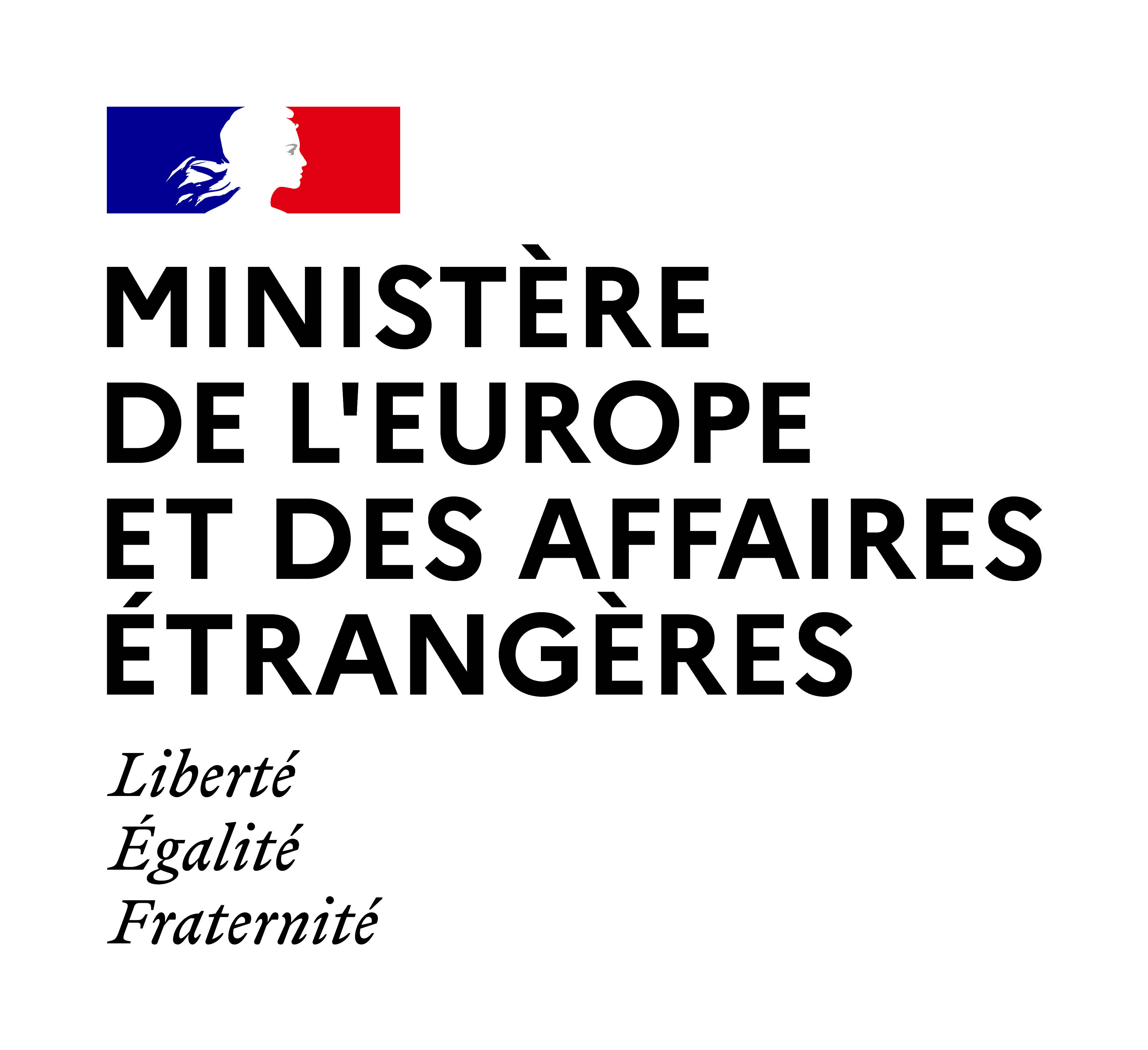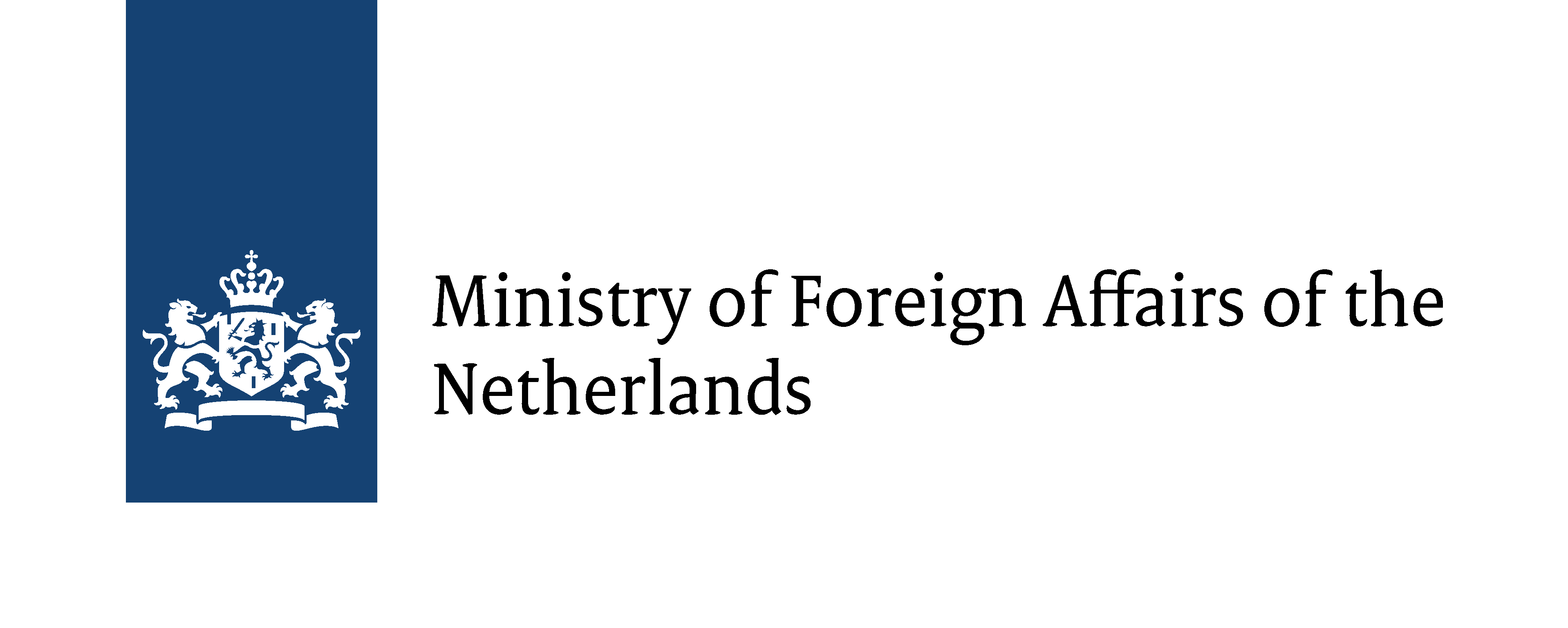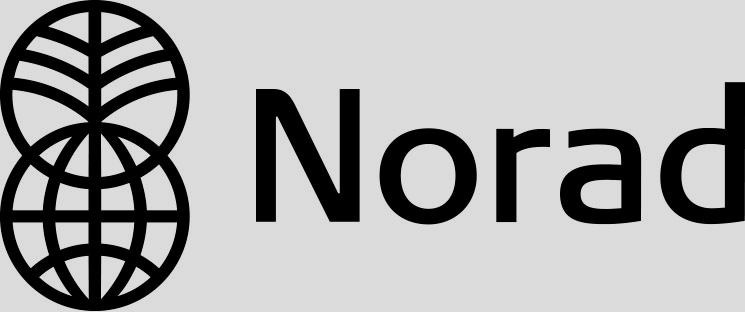Partner Organizations




Development Partners






With the Addis Ababa Action Agenda (2015), countries made a commitment to consider not requesting tax exemptions on goods and services delivered as government-to-government aid, beginning with renouncing repayments of value-added taxes and import levies.
The Platform for Collaboration on Tax Partners have been engaged in activities to support countries fulfil this commitment.
In 2018 the UN Committee of Experts on International Cooperation in Tax Matters established a sub-committee on the issue of tax treatment of projects funded by government-to-government aid. The other PCT partners participated as observers in this sub-committee, together with members of the UN Committee. The UN Committee finalized and released the Guidelines on the Tax Treatment of Government-to-Government Aid Projects at its 22nd meeting in April 2021. The thirteen non-binding Guidelines assist donors and recipient countries in determining whether or not tax exemptions should be requested with respect to government-to-government aid projects and, if tax exemptions are requested, how they should be negotiated and, where granted, implemented. The Guidelines encourage donors to refrain from requesting recipient countries to grant specific tax exemptions for their aid projects except where the tax rules in the recipient country are not consistent with internationally agreed principles, or in other exceptional circumstances.
The UN Guidelines also encourage recipient countries to make every effort to forecast the revenue impact of these exemptions and to prepare, and make publicly available, regular tax expenditure reviews of them. The Guidelines further promote the transparency of provisions granting specific tax exemptions for development assistance and of country policies on the subject. The importance of transparency in this area was further emphasized by the UN Committee of Experts adopting a recommendation that the relevant legal instruments enabling provisions on taxation of government to government aid be made publicly available, subject to any legal requirements concerning taxpayer confidentiality.
In January 2022, the OECD launched the Tax Treatment of Official Development Assistance Hub, a portal which presents the policy positions of participating donor countries on claiming tax exemptions on goods and services funded by official development assistance (ODA), as well as when these policies were last reviewed. The portal therefore provides a useful reference point to track progress by participating OECD DAC members on fulfilling the Addis Action Agenda commitment. As of the time of publication the hub contains the details of 20 DAC members.
While the OECD hub provides additional transparency on the policies in donor countries, there is still very little data on the policies and practices on the taxation of projects funded by government-to-government aid in recipient countries. Given that a better understanding of the impact on revenue collection and administration of recipient countries is a key consideration in determining policies in this area, the Platform for Collaboration on Tax (PCT) commissioned supplementary empirical research.
The French think tank, Ferdi was therefore engaged to provide the following report, looking at the issue of tax exemptions on government-to-government aid from the recipient country perspective, including through case studies in three countries - Benin, Cameroon and Kenya. It provides new evidence on revenue impacts and administrative and compliance burdens, as well as potential spillover impacts on trade, tax abuse, and public financial management.
The PCT partners hope that this new study will provide a useful complement to the work already undertaken by the PCT partners, provide a valuable addition to the evidence available to policy makers engaged on the issue of the tax treatment of government-to-government aid, and further promote the dissemination of the UN Guidelines.
The PCT partners also recognize that further research and transparency on this topic is needed, from both donor and recipient countries’ perspectives. For example, as noted in the paper it remains difficult to assess the challenges associated with exemptions from direct taxation, and even in the area of indirect taxation challenges remain in getting an accurate picture. In addition, as highlighted in the paper tax exemptions on aid can create risks of fraud, tax evasion and corruption, and the PCT encourages all countries to take a zero tolerance to such abuses. As a minimum, negotiated contracts for project aid and procurement should clearly specify the tax treatment in respect of each of the project activities and unambiguously list the goods and services required for the project that would be eligible for favorable tax treatments.
The PCT partners will continue to monitor progress in this area, and where useful seek to facilitate further transparency, dialogue and action.









